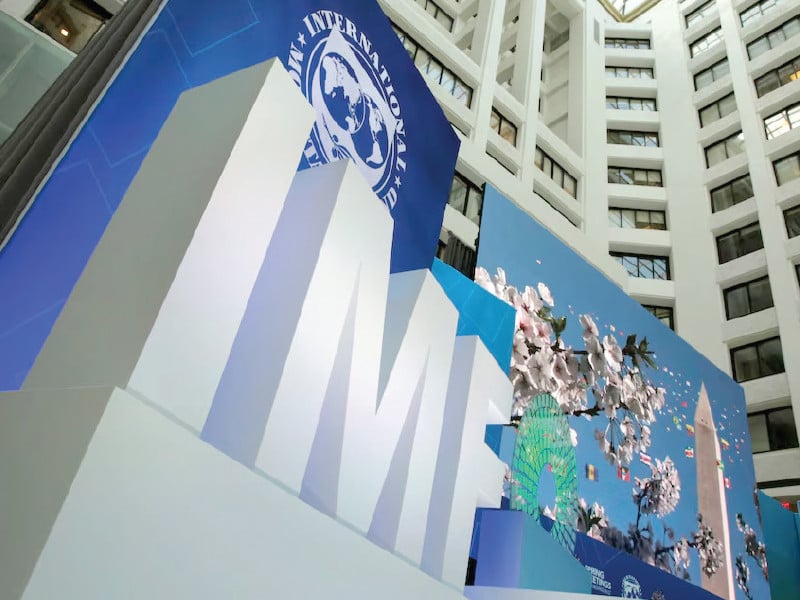
The Pakistani nation has been grappling with a blend of political uncertainty and economic instability for the past couple of years.
This lethal combination has pushed almost every segment of society into turmoil. Although the current government claims that the situation is stabilising, with inflation dropping to 9.6% in August 2024 from an all-time high of 38% in May 2023, the pressure remains palpable for most citizens.
The government points to key achievements like the reduction in the policy rate to 17.50% and petrol prices falling to Rs249 per litre. However, for many households, hope for a better future has nearly vanished, leaving them in survival mode, where the inability to afford basic nutrition and utilities means making heart-breaking decisions like pulling children out of school or cutting medical expenses.
"I used to dream of sending my children to college, but now I can't even afford to pay for their school uniforms," says Nisar Khan, a medical representative from Multan. "Education has become a luxury. How can we expect our kids to have a future when we can barely survive the present? These numbers may be good for the government, but I cannot celebrate with them. I know that until relief comes, I have to brace for an even tougher road ahead."
While the government celebrates the approval of another International Monetary Fund (IMF) loan, the average citizen is struggling to decide which necessities to sacrifice in order to pay electricity bills or school fees. "A few years ago, I could manage a decent life for my family with my monthly income. Now, half of my salary goes to electricity and petrol. I haven't bought meat in months, and my children haven't had proper fruits for weeks," says Muhammad Shoaib, a Lahore resident.
"A friend had to re-admit his son into a government school after failing to pay private school fees. Sometimes I imagine myself having to do the same thing if things don't change drastically the feeling is awful. I fear I might have to do the same if things don't change."
While men like Shoaib struggle to cut further expenses, women are also have to make impossible choices like whether or not to buy less nutritious, cheaper food or skip meals altogether.
This crisis is especially severe in lower-income households, where every penny counts. As everyday grocery prices soar, many Pakistani women find themselves struggling to put food on the table, unable to maintain the health and well-being of their families.
"Cooking a simple meal has become a nightmare," says Maryam Ali, a housewife. "Potatoes and onions have tripled in price, and even basic spices are now unaffordable – I have no choice but to cut down on our meals. Meat is a luxury we see once in a blue moon."
Economists warn that Pakistan's inflationary spiral is likely to persist without significant reforms and political stabilisation. Inflation is eroding purchasing power at a rate not seen in decades, and the common man's income remains stagnant while prices continue to escalate. "Until the country addresses root issues like energy sector inefficiencies and political instability, there's no relief in sight for Pakistan's working class," they argue.
Ahmad Aziz, a UAE-based economist, points to the energy crisis as another key factor driving inflation. "Rising global oil prices, coupled with a depreciating rupee, have driven petrol prices to unprecedented levels.
The average household electricity bill has increased by 60% over the past year alone, forcing families to choose between keeping the lights on or putting food on the table," he says. "It will be a tough journey for Pakistan to realign its economy and alleviate the miseries of the common man."





1732003896-0/Zendaya-(1)1732003896-0-165x106.webp)




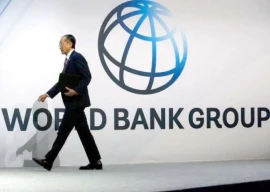
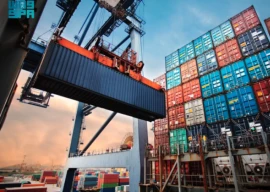
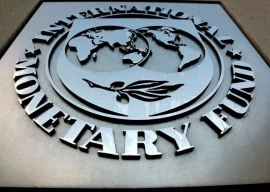
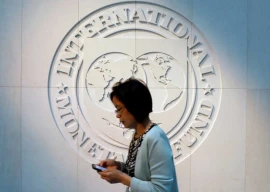







COMMENTS
Comments are moderated and generally will be posted if they are on-topic and not abusive.
For more information, please see our Comments FAQ